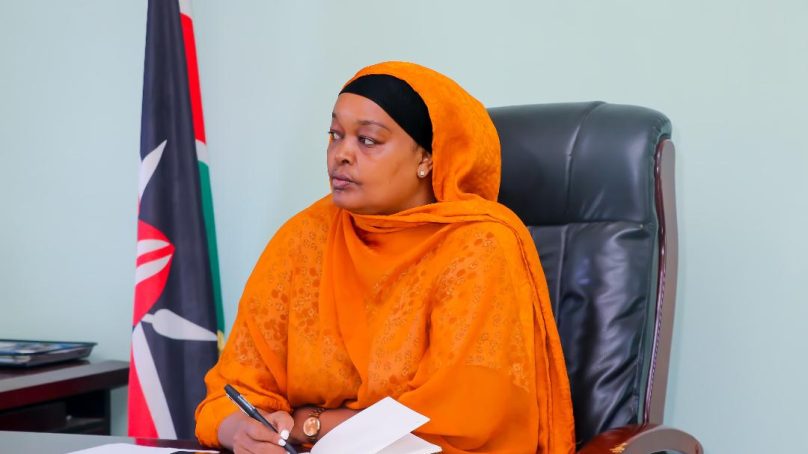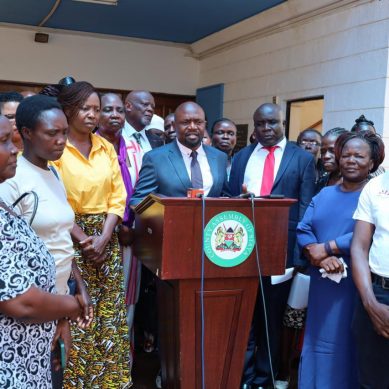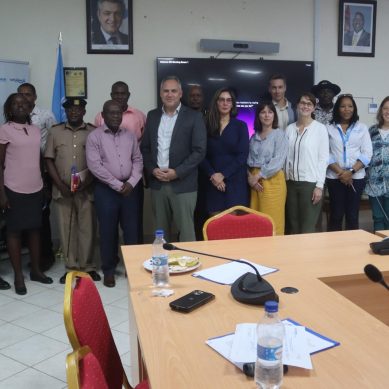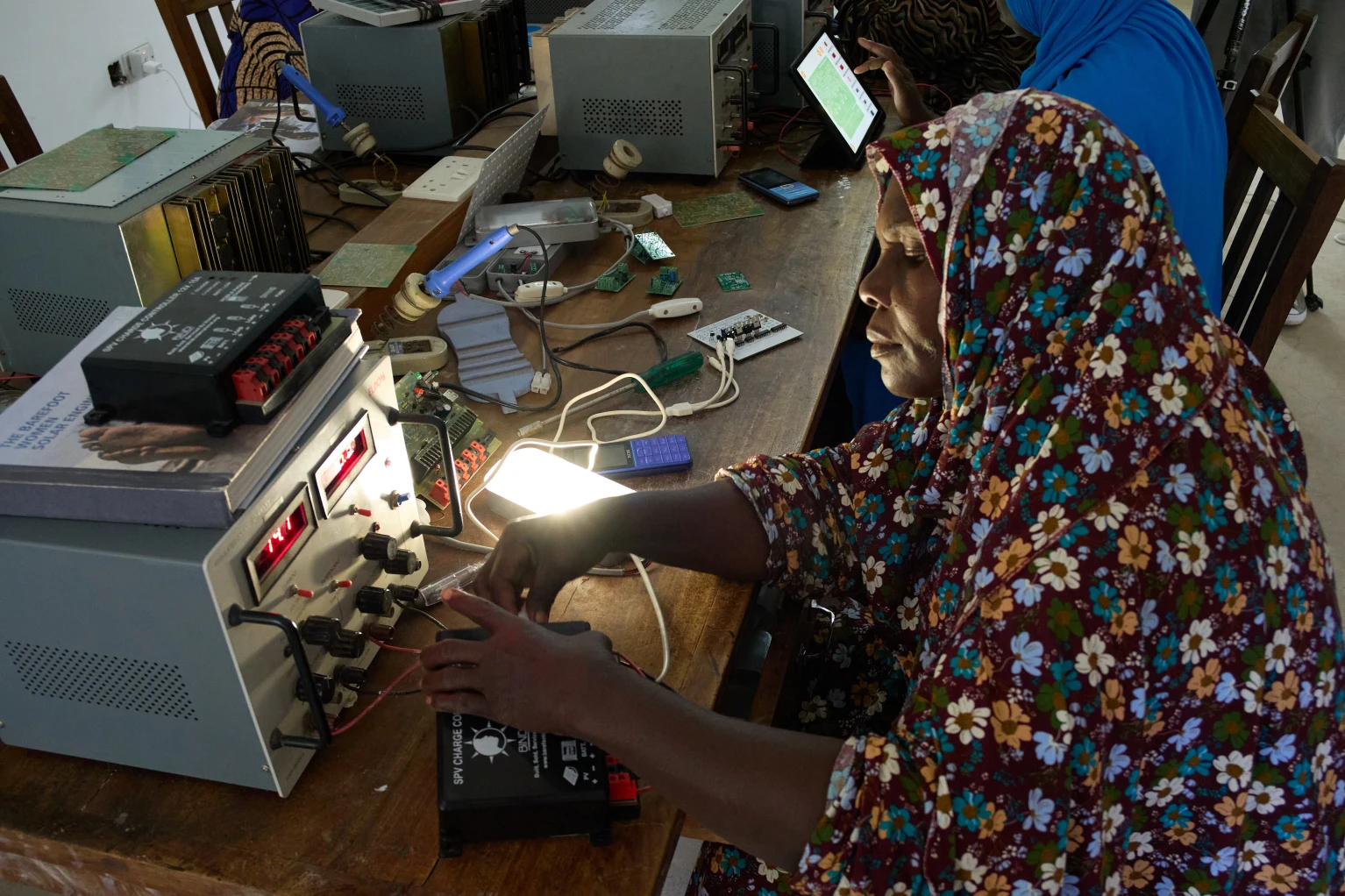
A transformation wave is sweeping through the mineral-rich Hillo Belt in Marsabit County as plans to operationalise at least 59 artisanal cooperative societies in the mining sector gain momentum.
This follows the decision by stakeholders to align their operations with the Mining Act of 2016 to revive, formalise and secure the county’s vast mineral wealth.
Assistant Commissioner of Cooperatives for Moyale Sub-County Meshack Owuor confirmed that the formalisation process is well underway and that a cooperative union to coordinate the activities of the newly registered artisanal societies has been established.
Owuor said the cooperatives union will harness the potential of over 10,000 members, with renewed focus on artisanal gold extraction in the Hillo mining sites of Dabel region.
“The cooperative movement is not only helping us organise the miners but is also the key to ensuring compliance with safety, environmental and legal standards,” Owour explained.
He added that already 45 cooperatives have received acknowledgment letters and licensing from the National Environment Management Authority (NEMA) and were now awaiting issuance of permits from the ministry of mining.
According to Oscar Mwakughu, a superintendent of mines, the Hillo mining belt has the potential to generate over Ksh2 billion ($15.5 million) annually. Mwakughu noted that the enforcement of the 2016 Mining Act is essential not just for legal compliance but for sustainable development.
He said the formalised cooperatives can create over 4,500 direct jobs and thousands of other indirect opportunities in line with the government’s bottom-up transformation agenda (BETA).
“This is in addition to boosting national revenue and ensuring Marsabit contributes meaningfully to Kenya’s Vision 2030 development plan,” he stated.
The Hillo mining region was closed down due to unregulated operations that caused severe environmental degradation, rampant insecurity and infiltration by illegal foreign miners.
Trees were destroyed, charcoal production soared and local wildlife including dik-dik came under pressure as thousands of miners poached them for meat.
With the new cooperative framework, the government has engaged multiple agencies including NEMA, Kenya Wildlife Service (KWS), immigration authorities, county officials and the National Police Service to ensure a safer and regulated environment for mining.
Marsabit County CECM for Water, Natural Resources, Climate, and Environment Grace Galmo underlined the importance of capacity building among artisanal miners.
“This process is about more than just compliance. It’s about empowering local miners to operate within a simplified legal framework,” she said.
This, according to the CECM, will ensure environmental conservation and the promotion of an inclusive economic participation.
Over 10,000 acres of land have been earmarked for mining and plans are underway to construct water kiosks and health facilities all over the 13 active mining sites.
A new police station and improved road infrastructure are also part of the county’s development plan.
Among the cooperatives already formalised and awaiting mining permits from the state department for mining are Hillo Artisanal Cooperative Society, Haldagon Mineral Marketing Cooperative Society, Jariya Artisanal Mining Cooperative and Dabel Artisanal Miners’ Cooperative Society.
According to Mohad Dida, Marsabit’s Chief Officer for Trade and Cooperatives, the renewed focus on cooperatives is intended to anchor artisanal mining in a sustainable development model that supports small and micro-enterprises and protects local livelihoods.
Dida pointed out that artisanal mining remains a critical source of livelihood for many residents and that formalising of the sector through cooperatives could not have come at a better time.
The chief officer noted that the new development would ensure that mining activities were safer, more profitable and aligned with the national goals. He added that mineral deposits in other parts of the county were also being prioritised to balance economic growth with preservation of culture and environmental sustainability.
Governor Mohamud Ali’s administration has expressed commitment to supporting local miners while creating room for huge commercial investment as well.
Mr Rashid Karayu, an artisanal miner and the newly elected chair of the Marsabit Artisanal Mining Cooperatives Union, welcomed the changes saying the fraternity feels recognised and supported.
“We expect to start mining responsibly and profitably now that there are structures in place,” he said, adding that exploitation by middlemen would now come to an end.
Karayu said that artisanal miners are exploited by foreign cartels but expressed optimism that the venture which was previously illegally conducted would now be done in a safe environment to ensure that there is gain for both the miners and the government.
While gold remains the most sought-after mineral in Marsabit County, the region is also endowed with deposits of mica, beryllium, chromite and various gemstones – resources that, if tapped wisely, could drive the county into a new era of prosperity.
- A Tell Media / KNA report / By Sebastian Miriti







